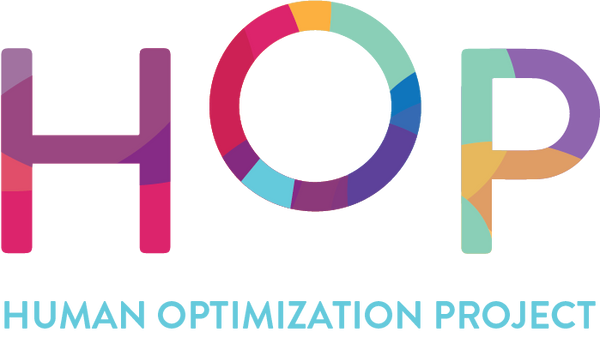Ovary health
Share
If you could slow the aging of just one part of your body, what would it be?
If you are a woman and you said, “My ovaries,” then we’re right there with you!
Why? The ovaries age 2-5 times faster than other organs, and when they age out and stop working, it kicks off the rapid aging of everything else in your body. It’s like an orchestra conductor who just decides to leave the show one day, leaving the musicians in chaos!
The significance of ovarian aging extends beyond reproduction. The loss of hormones such as estrogen, progesterone, and testosterone that occurs with menopause can lead to a host of health issues, including cardiovascular disease, diabetes, obesity, and osteoporosis. Addressing ovarian aging could significantly improve women’s health and quality of life as they age.
Current research on ovarian aging
In the last few years, we’ve finally started to see research investigating why the ovaries age and what, if anything, can be done about it. Studies in animal models have identified several compounds that may help slow ovarian aging. Below are a few of the ingredients that have shown the most promise in animal models:
- Antioxidants. Oxidative stress is a major factor in aging, including ovarian aging. Antioxidants like CoQ10, curcumin, melatonin, and quercetin help reduce oxidative damage, potentially slowing down the aging process of the ovaries.
- Rapamycin. This medication, known for inhibiting the mTOR pathway, has shown the potential to extend the reproductive lifespan of animals by protecting ovarian reserve and enhancing follicle health. A study at Columbia University is investigating the effects of Rapamycin on human ovarian aging, with results expected later this year.
- Caloric restriction mimetics. Compounds that mimic the effects of caloric restriction, such as Metformin and 2-deoxy-glucose (2-DG), are also being explored for their potential to delay ovarian aging by improving metabolic health.
Dr Amy Killen, HOP Founder, is particularly interested in ovarian aging. This June, she is speaking about ovarian aging and its effects on women’s health as part of a panel at London Tech Week. We’ll keep you posted on what we learn!

